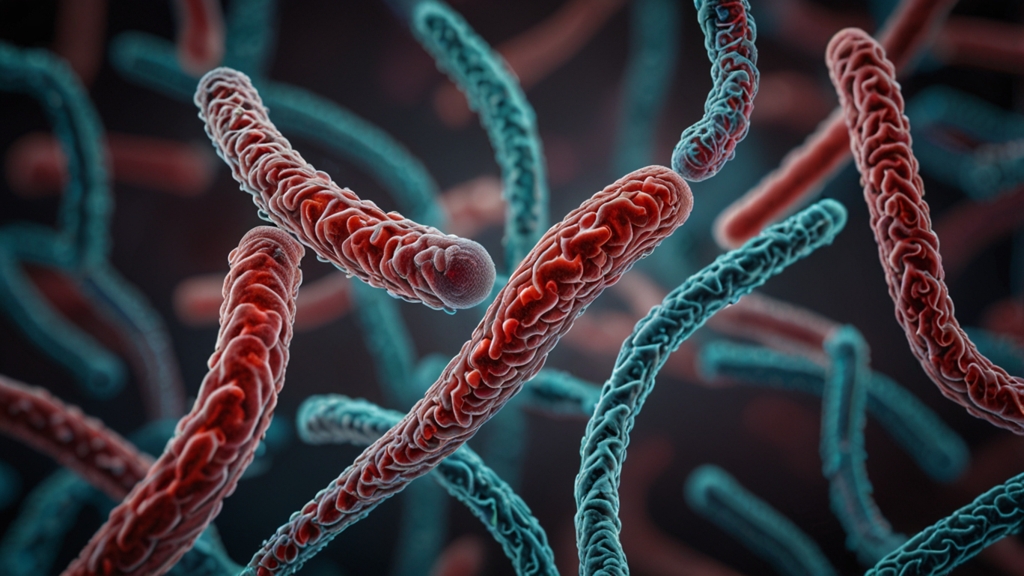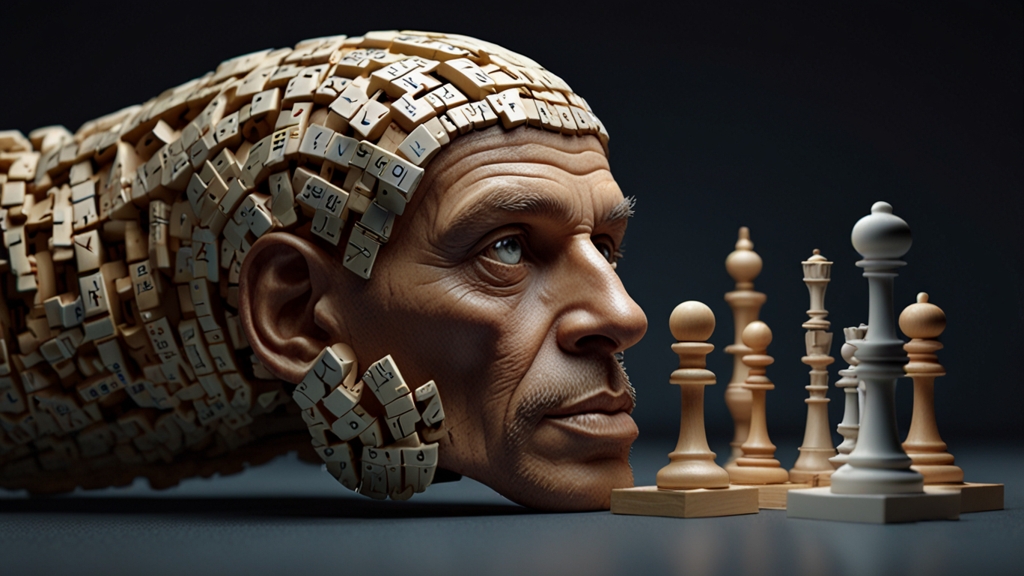Unseen Allies: The Role of Bacteria in Human Health and Disease
Bacteria have long been portrayed as the villains in the world of microorganisms, primarily associated with infections and disease. However, this narrative conceals a much more nuanced and beneficial reality. Bacteria are not merely pathogens but are indispensable allies that play vital roles in maintaining our health.
The Human Microbiome
Trillions of bacteria inhabit our bodies, forming complex communities that outnumber human cells. Collectively referred to as the human microbiome, these bacterial populations reside in various niches such as the gut, skin, mouth, and respiratory tract. The gut alone hosts over 1,000 different species of bacteria, which contribute to a delicate and dynamic balance essential for our well-being.
The Role of Gut Bacteria
The gut microbiome is perhaps the most researched and well-known of these bacterial communities. Gut bacteria perform an array of important functions:
- Digestion: Certain bacteria help break down complex carbohydrates and fibers that human digestive enzymes cannot process. This fermentation process produces short-chain fatty acids, which serve as an energy source for colonocytes and have anti-inflammatory properties.
- Synthesis of Vitamins: Some gut bacteria synthesize essential vitamins, including K and certain B vitamins, which are crucial for bodily functions.
- Immune System Modulation: Gut bacteria interact with the immune system, promoting a balanced immune response and preventing overstimulation that could lead to inflammatory diseases.
- Pathogen Defense: By occupying niche spaces, producing bacteriocins, and lowering the pH, beneficial bacteria inhibit the growth of harmful pathogens.
"We are not individuals; we are ecosystems. The bacteria in our gut make up a critical part of who we are." - Dr. John Cryan, Professor and Principal Investigator, APC Microbiome Institute
Bacteria Beyond the Gut
While the gut microbiome garners much attention, other bacterial communities are equally critical. Skin bacteria, for instance, protect against pathogenic intruders and aid in wound healing. Oral bacteria maintain dental health by preventing the colonization of harmful microbes. Respiratory microbiota help fend off respiratory infections and may influence our susceptibility to allergic conditions.
When Bacteria Turn Against Us
While beneficial bacteria play a protective role, disruptions in microbial balance—dysbiosis—can have serious consequences. Dysbiosis is associated with numerous health issues, including:
- Inflammatory Bowel Disease (IBD): An imbalance in gut bacteria is linked to inflammatory conditions like Crohn's disease and ulcerative colitis.
- Obesity and Metabolic Disorders: Studies indicate that obese individuals have different gut microbial compositions compared to lean individuals, implicating bacteria in metabolic regulation and weight management.
- Mental Health: Emerging research highlights the gut-brain axis, where gut bacteria influence brain function and behavior, potentially affecting conditions like depression and anxiety.
- Infections: Opportunistic pathogenic bacteria can cause diseases when beneficial bacteria are depleted or compromised, as seen in conditions like Clostridium difficile infections following antibiotic usage.
"The overuse of antibiotics has led to significant disruptions in our bacterial communities, which can have long-lasting effects on our health." - Dr. Martin Blaser, Author of Missing Microbes
Harnessing Bacteria for Better Health
Recognizing the importance of bacteria in human health has led to innovative approaches to utilizing these microorganisms for therapeutic purposes. Probiotics and prebiotics aim to restore and maintain a healthy microbial balance. Personalized medicine is also exploring how individual microbiomes could customize treatments for optimal effectiveness.
Conclusion
Bacteria are silent partners in our journey towards health and wellness. Far from being mere agents of disease, they are crucial for digestion, immune function, protection against pathogens, and even mental health. The future of medicine may well lie in embracing these microbial allies and leveraging their power to combat diseases, promote health, and enhance our quality of life.
"Understanding the complex relationships between humans and their microbiome will transform how we approach health and disease in the future." - Dr. Rob Knight, Co-founder of the American Gut Project











